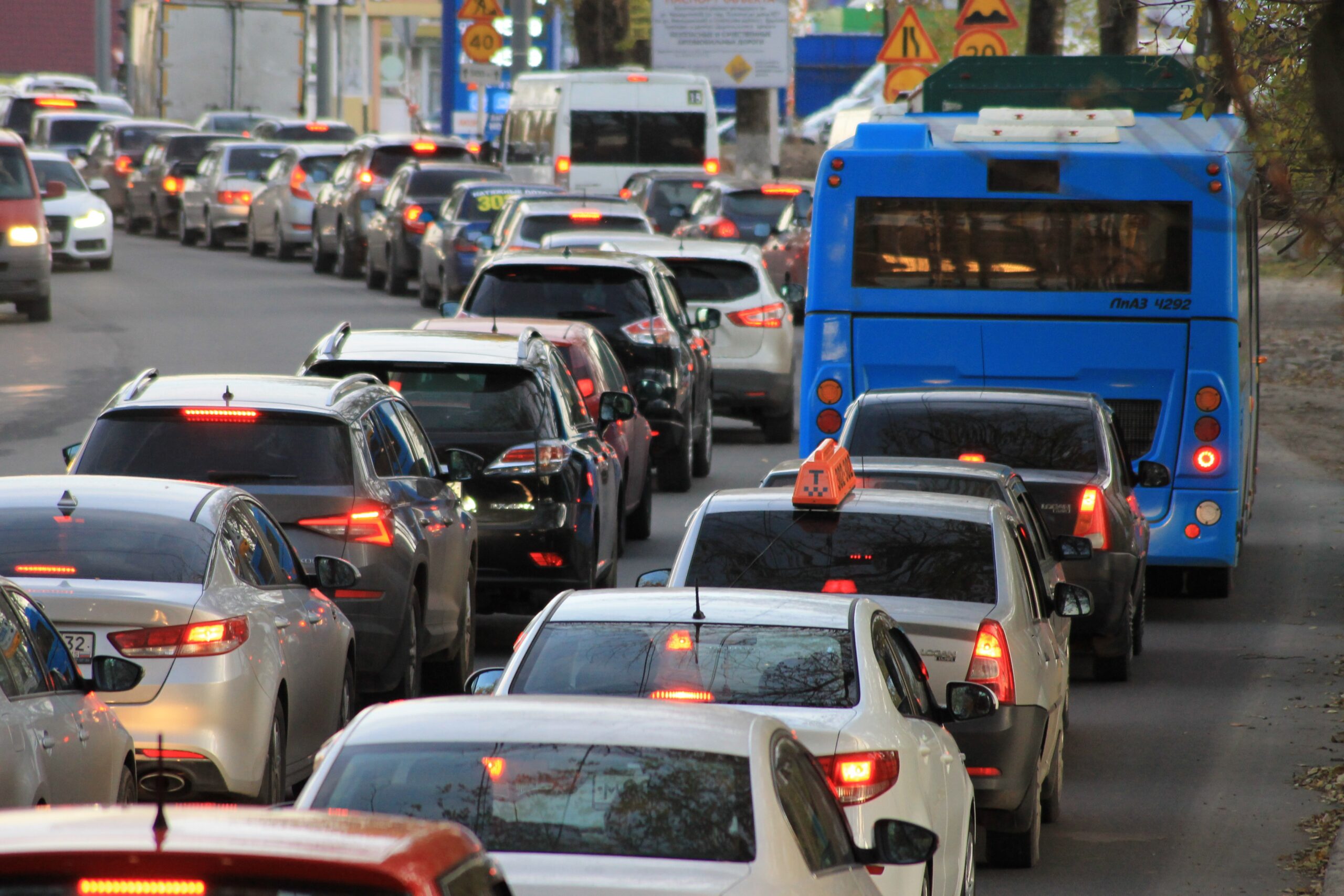Positive
In recent years, the issue of traffic congestion has become increasingly urgent in many countries around the world. While some argue that public transportation is the solution, others believe that a heavy tax on private cars, along with affordable rail travel, is the key. In my view, I agree with the latter statement, and I believe that this approach has three major benefits.
Firstly, a heavy tax on private cars would discourage people from using them excessively. This would reduce traffic congestion and ease the burden on public transportation, making it more efficient and comfortable. Additionally, it would also promote more sustainable and environmentally friendly modes of transportation, such as walking, cycling, and public transportation.
Secondly, using the revenue from these taxes to provide free or cheap rail travel would encourage more people to use public transportation. This would help to further reduce traffic congestion, as well as promote more sustainable modes of transportation. Additionally, by providing affordable public transportation options, more people would be able to access job opportunities, education, and other services, increasing overall social mobility.
Finally, investing in public transportation would benefit the economy. By improving public transportation, more people would be able to access employment opportunities, which would help to reduce unemployment and poverty rates. Additionally, improving public transportation infrastructure could also stimulate economic growth by creating jobs and increasing investment in the sector.
In conclusion, I strongly agree with the statement that countries should tax private cars heavily and use the revenue to provide free or cheap rail travel. This approach has numerous benefits, including reducing traffic congestion, promoting sustainable transportation, improving social mobility, and stimulating economic growth. While some may be hesitant about the idea of taxing private cars, it is an effective way to incentivize more sustainable transportation options and ultimately improve the quality of life for all citizens.
Negative
While some believe that heavy taxes on private cars and investments in public transportation are the solution to traffic problems, I disagree with this approach. In my opinion, such measures may not be effective and could lead to negative consequences for individuals and the economy. Below are three reasons why I do not support the idea of heavy taxes on private cars.
Firstly, heavy taxes on private cars would disproportionately affect low-income families who rely on their cars for transportation. These families may not have access to affordable public transportation options or live in areas that are not well-connected by public transportation. This would place an unfair financial burden on them, making it more difficult for them to access work, education, and other essential services.
Secondly, such heavy taxes could negatively impact small businesses that rely on cars for their operations. For example, delivery services, tradespeople, and other service providers would face increased costs, which could lead to higher prices for consumers. This could ultimately result in decreased demand for these services, job losses, and reduced economic growth.
Finally, it is unlikely that heavy taxes on private cars and investments in public transportation would significantly reduce traffic congestion. People who rely on their cars for transportation may not be convinced to switch to public transportation due to issues such as reliability, convenience, and personal preferences. As a result, the revenue generated from these taxes could be insufficient to cover the costs of providing free or cheap public transportation, making it difficult to sustain these services in the long term.
In conclusion, while the idea of heavy taxes on private cars and investments in public transportation may seem like a solution to traffic problems, I believe it could lead to negative consequences for low-income families, small businesses, and the economy. Instead, policymakers should explore more effective and equitable solutions, such as improving the design of urban areas, promoting carpooling, and investing in smart traffic management systems. These solutions would be more effective in reducing traffic congestion and creating a sustainable and accessible transportation system for all.









Comments